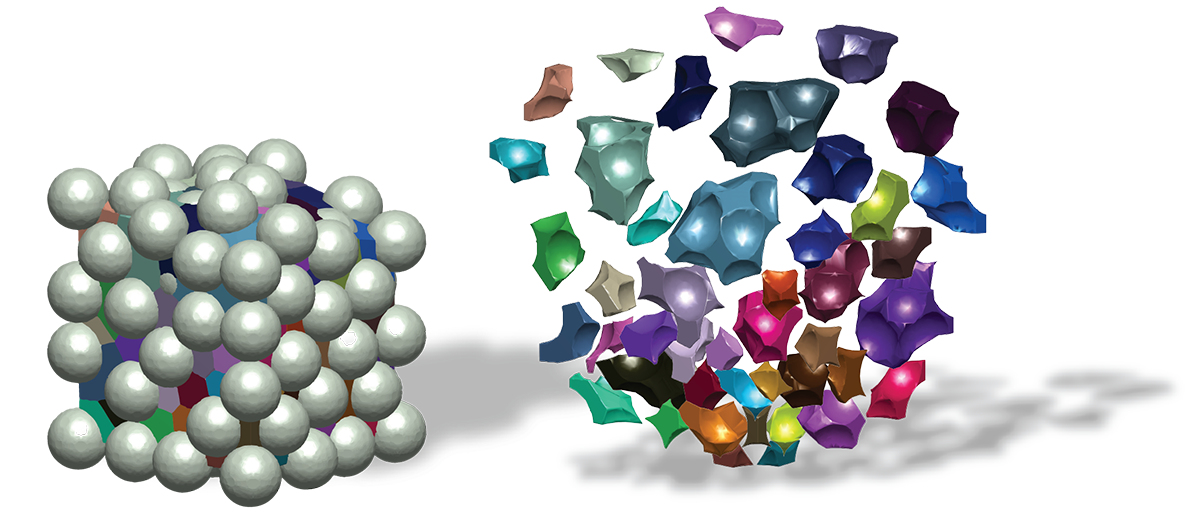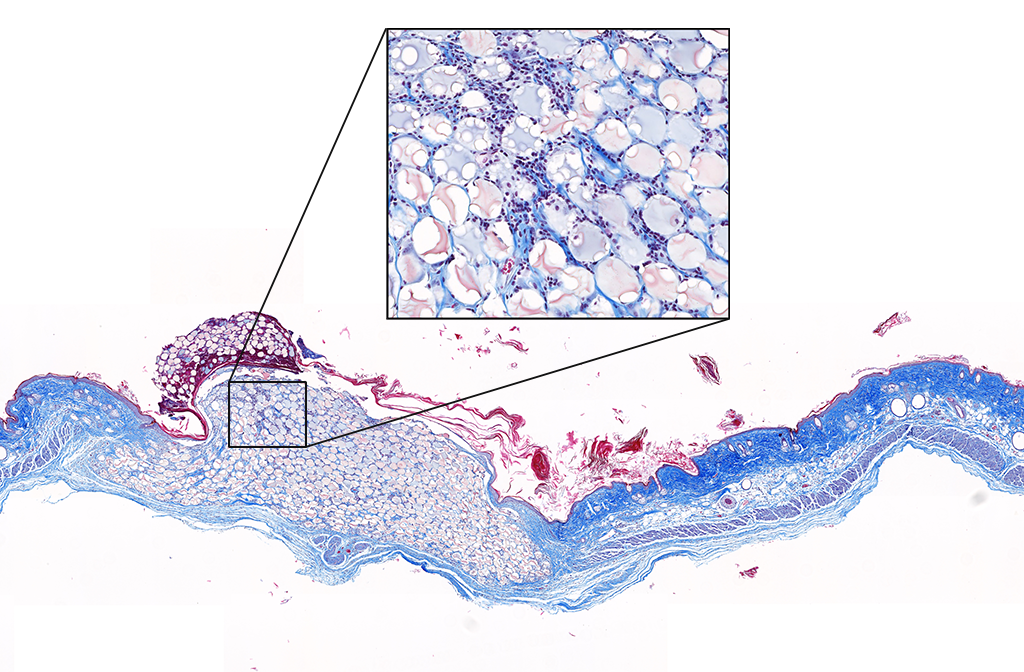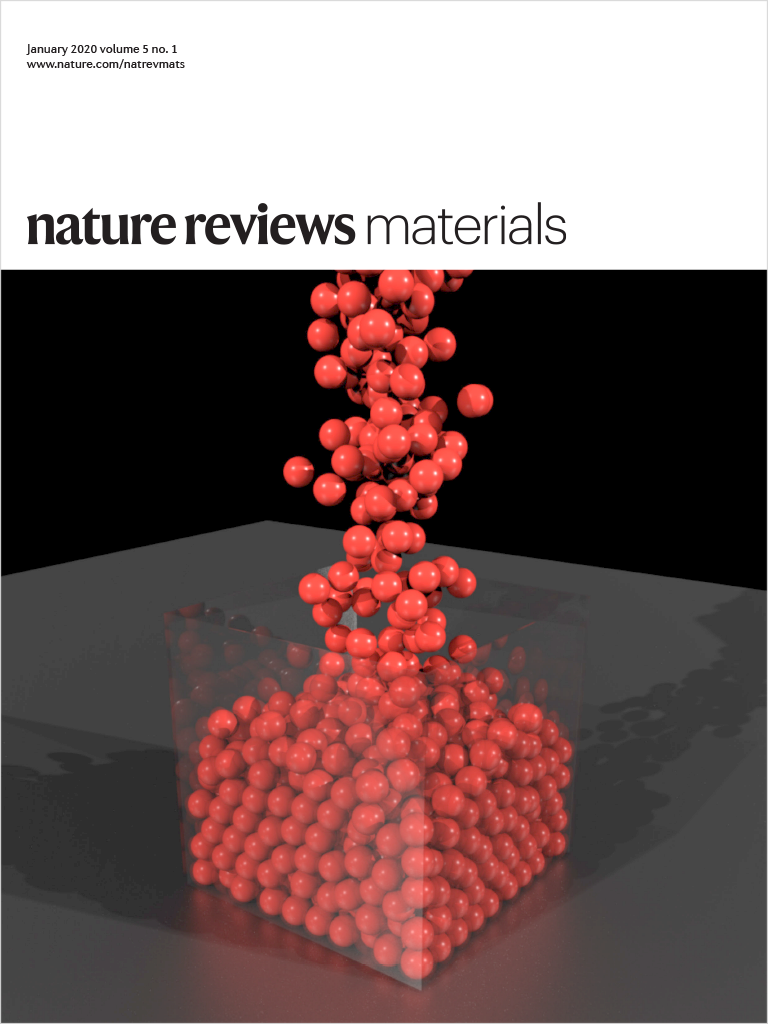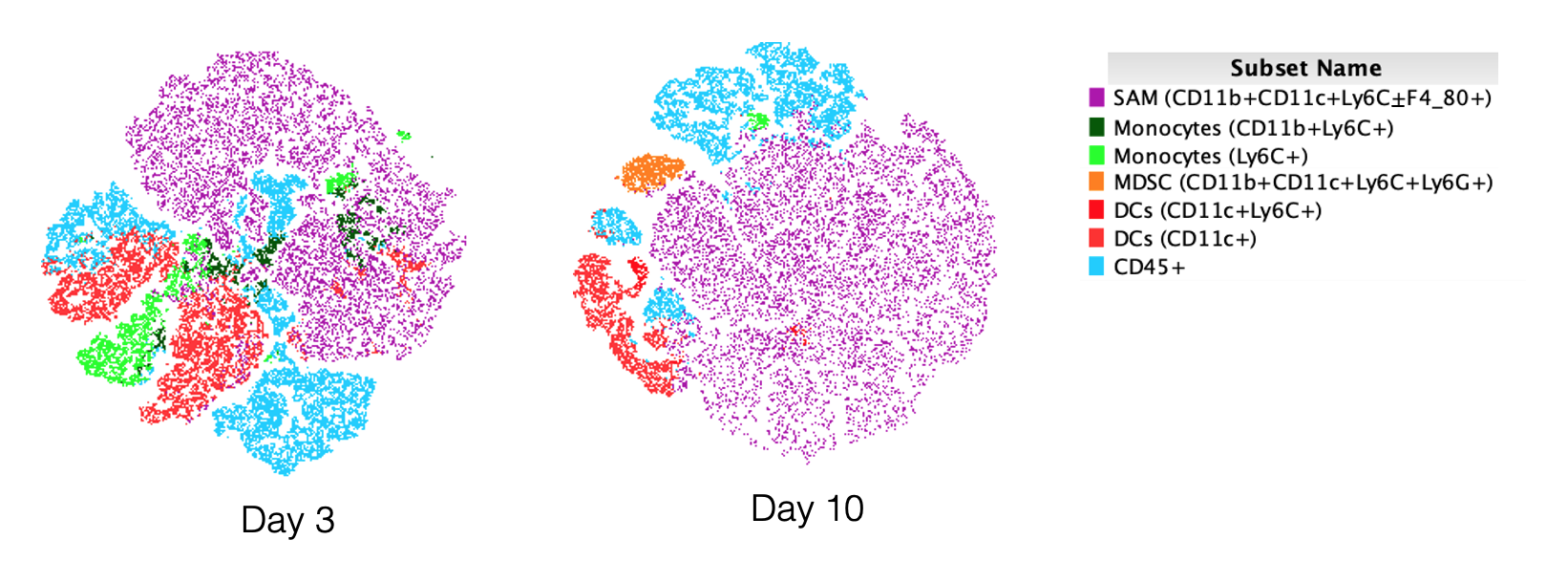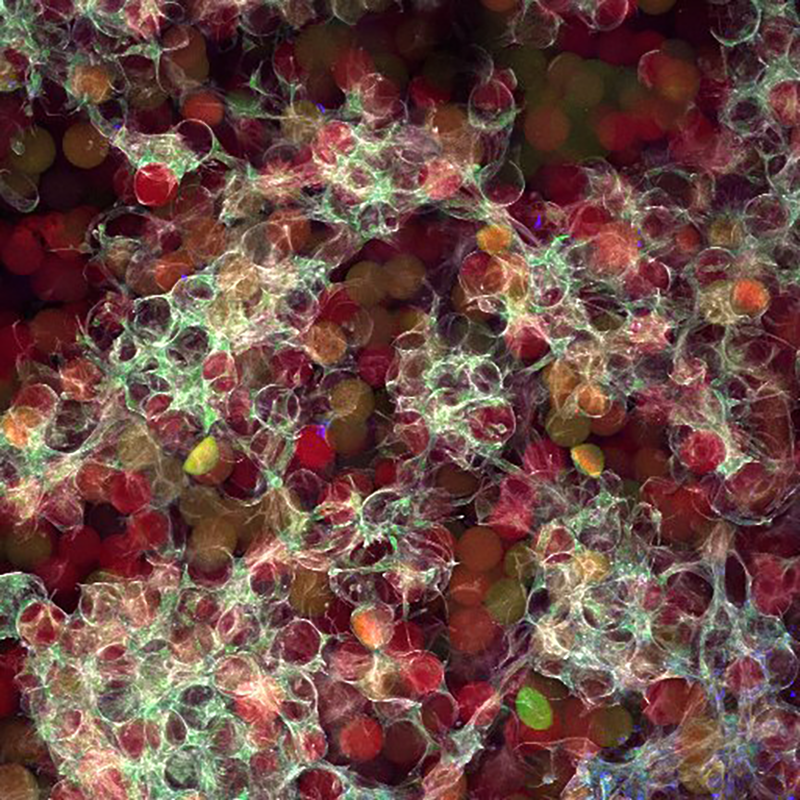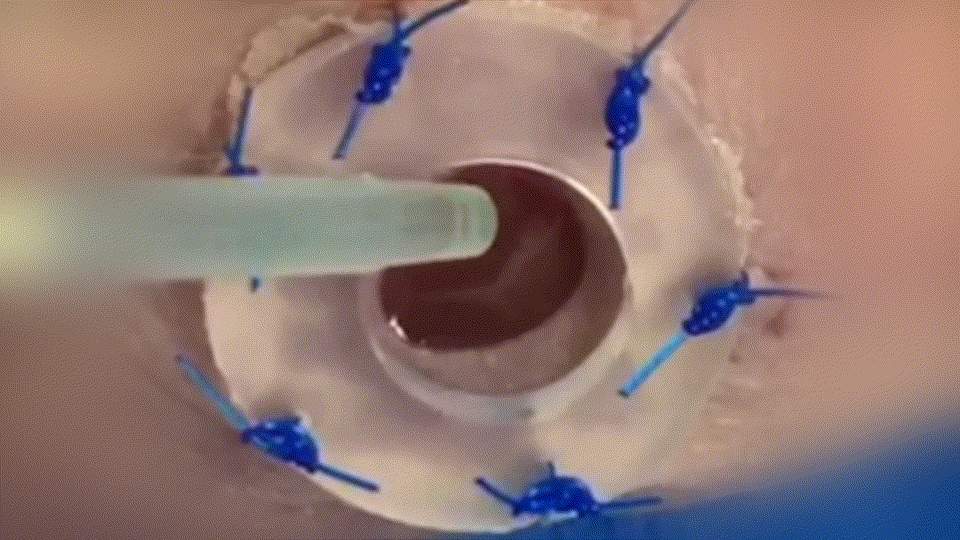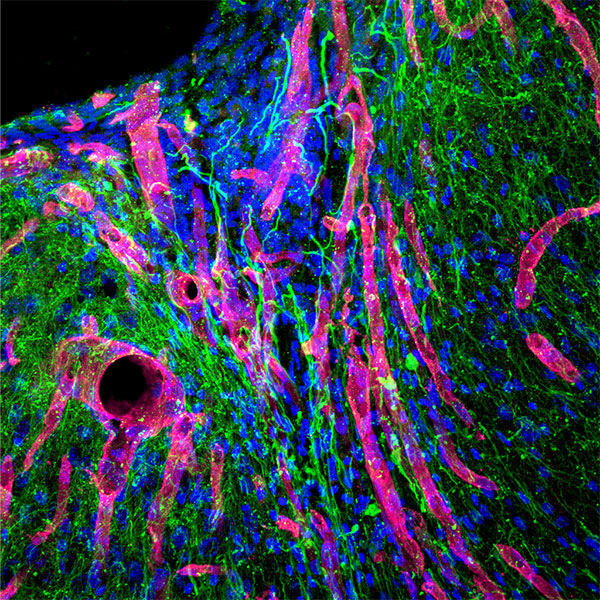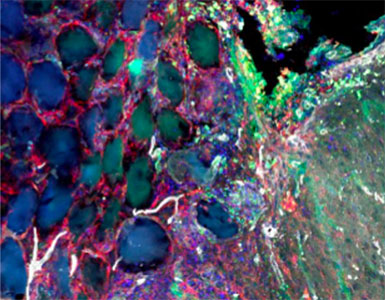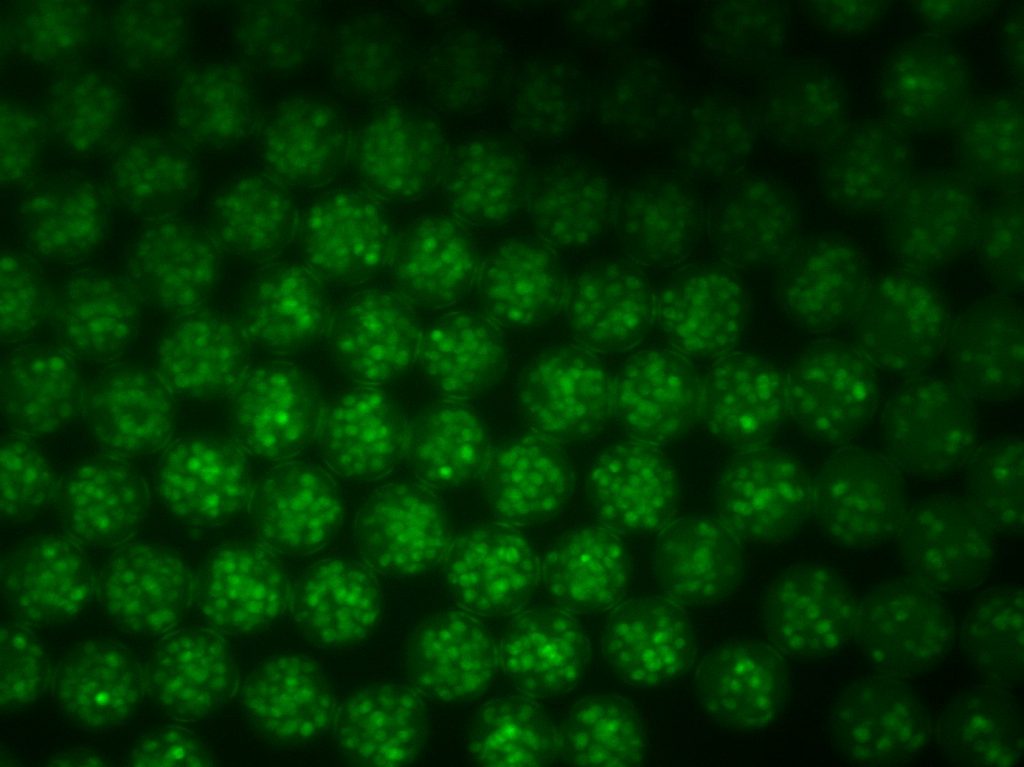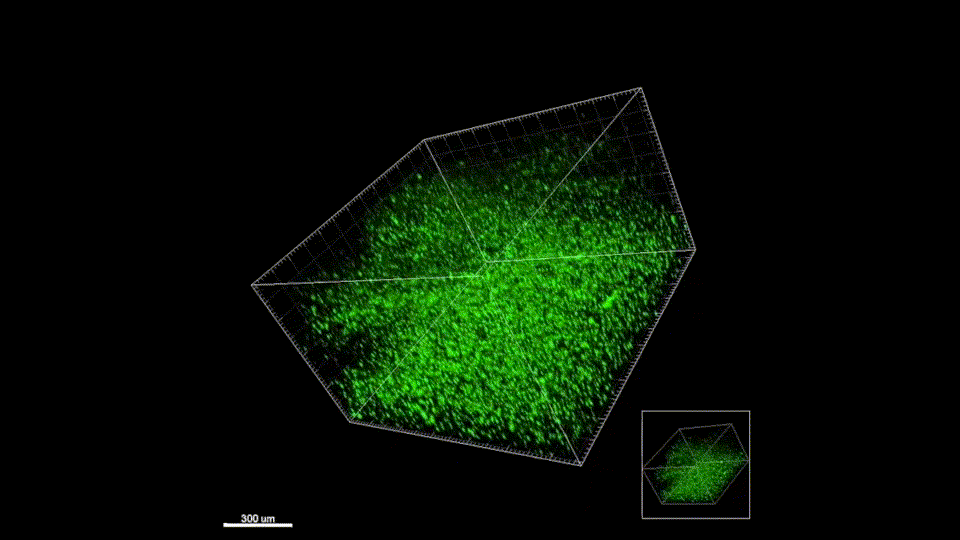Altmetric Score
Dimensions
Citation
Genetically modified bone marrow-derived mesenchymal stem cells (MSCs) have proven to be efficient cell carriers for local or systemic delivery of therapeutics as well as growth factors to augment tissue formation. However, efficient non-viral gene transfer to these cells is limiting their applicability. Although most studies have focused on designing more efficient condensation agents for DNA, our focus in this manuscript is to study the role of two extracellular matrix (ECM) proteins, collagen I (Col I) and fibronectin (Fn), on the ability of MSCs to become transfected. Here we report that plating MSCs on Col I-coated surfaces inhibits transfection, while plating MSCs on Fn-coated surfaces enhances transfection. The mechanism by which these ECM proteins affect non-viral gene transfer involves the endocytosis pathway used for polyplex uptake and intracellular tension. We found that Fn promoted internalization through clathrin-mediated endocytosis and that this pathway resulted in more efficient transfection than caveolae-mediated endocytosis and macropinocytosis. Further, the disruption of actin-myosin interactions resulted in an enhancement of gene transfer for cells plated on Fn-coated surfaces, but not for cells plated on Col I. We believe that the cellular microenvironment can be engineered to enhance the ability of cells to become transfected and that through understanding the mechanisms by which the ECM affects non-viral gene transfer better materials and transfection protocols can be realized.








